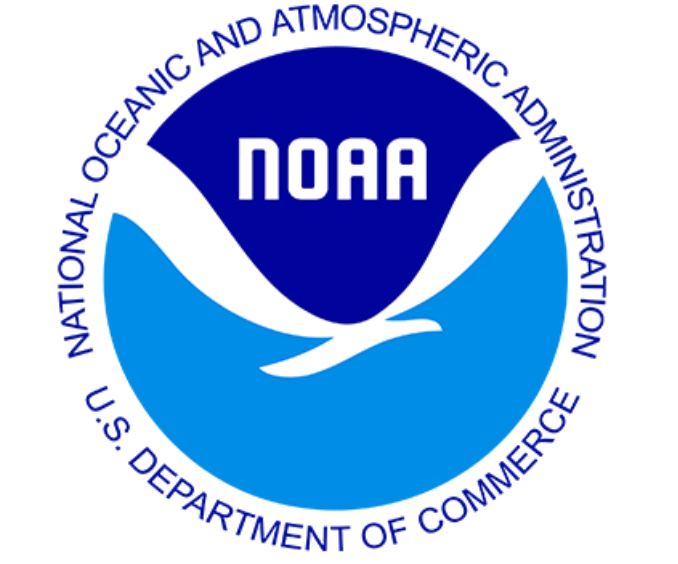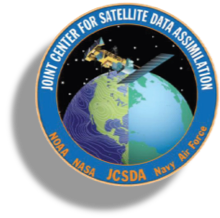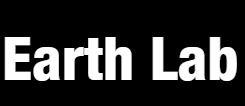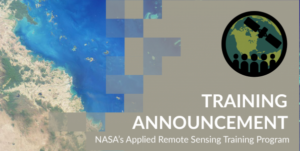NSDIS-STAR-2020-0009 (MAP)
https://www.usajobs.gov/
NSDIS-STAR-2020-0010 (DE)
As an Oceanographer, the individual selected for this position will perform the following duties:
- Serve as team/project lead and conduct research in satellite oceanographic remote sensing, and develops satellite oceanographic and climatological algorithms and data products in support of National Oceanic Atmospheric Administration (NOAA) and National Environmental Satellite Date and Information Service (NESDIS) strategic missions.
- Collaborate and communicate satellite oceanographic research and satellite oceanographic data product initiatives with NOAA and external domestic and international partners through peer-reviewed publications, scientific committee membership, and scientific conference attendance.
- Conduct independent scientific research, including writing proposals, serve as task monitor for contract and grantee research staff, and publish and present research in peer-reviewed journals and at scientific meetings.
- Coordinate end-to-end satellite ocean remote sensing research/development within NESDIS, across NOAA, execute NESDIS / The Center for Satellite Applications and Research (STAR) Science and Technology road maps and research project plans.
- Collaborate with various (STAR) Science Teams in the proposals, evaluation, staging, testing, publication, documentation and transitioning of research to operations of satellite oceanographic data and data products consistent with NOAA’s mission goals and strategic plans.






